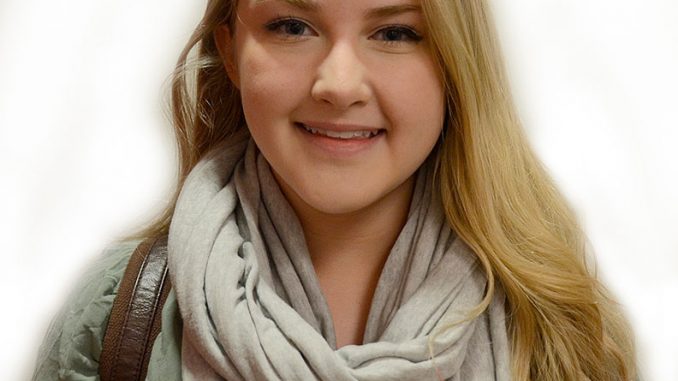
 When walking off Main Campus toward Willington or 17th Street, there are no sidewalks like the ones surrounding the Student Center. Instead, there are broken beer bottles, cigarette butts and overflowing garbage cans.
When walking off Main Campus toward Willington or 17th Street, there are no sidewalks like the ones surrounding the Student Center. Instead, there are broken beer bottles, cigarette butts and overflowing garbage cans.
Temple recognizes that North Philadelphia’s community has been here long before Russell Conwell founded the university and tries to remind students of this with the Good Neighbor Initiative. According to the initiative’s web page, it hopes to “encourage Temple University students to engage in proactive and intentional efforts to build connections and relationships with their residential community.” The initiative highlights ways students can reduce their noise level, alcohol consumption and trash in their neighborhoods.
The initiative’s web page offers many organizations that students may join, including the Temple University Community Service Association and the Residential Organization of Community Service.
However, the problem isn’t whether Temple offers enough ways to help its surrounding community. It’s whether students are participating in them.
When a student is initially enrolled at Temple, he or she agrees to follow a code of conduct that holds them responsible to “foster an environment conducive to continued intellectual and educational stimulation within the university free from unlawful harassment by other members of the community,” “foster the maintenance of physical and mental health, the safety and welfare of each member of the community,” and most importantly, “respect the rights of others.” It’s fairly obvious that students are forgetting about these responsibilities once they are off Main Campus.
Not only does Temple have a Student Conduct Code, but the Good Neighbor Initiative lists its own conduct code on its web page. On the site, students can find out when trash is collected, which times are acceptable for loud noise coming from a residence and even guidelines for hosting a safe social event. But even with all of these guidelines, a remarkable amount of students have no interest in being good neighbors.
“The street outside my apartment is always full of trash, but after the weekend it’s [especially] filthy,” junior Marissa Fuller said. “Usually we end up having to pick stuff off the ground ourselves so we don’t get fined. Everywhere you walk there’s trash, it’s really crazy.”
Few organizations understand this better than the TUCSA. The charity organizes a variety of service projects around Philadelphia, from cleaning up parks to working with sports teams such as the Phillies to bring awareness to recycling efforts.
However, many students haven’t heard of the organization.
“To be honest, I have never heard of TUCSA,” freshman Doug Jameson said. “It sounds like an awesome organization, definitely something I would consider being a part of.”
“Making TUCSA more influential to the entire Temple student body is something we have been trying to do for many years now,” TUCSA President Casey June said. “Students have the choice to do what they want with our organization, but sometimes without that pressure to perform, students aren’t as driven.”
June also said Temple’s location gives students community service opportunities that some other colleges might not have.
“Other colleges might not be located in a neighborhood or neighborhoods that are low-income, therefore we get a different experience when it comes to community service,” June said.
Temple has certainly made strides in its service efforts in the past few years. After including a series of metro-engagement goals in its Strategic Plan, the university gained its Carnegie Community Engagement Classification in 2010. But there will always be room to get better.
While the university does advertise many of the service events happening each week via the online TU Calendar, getting students excited about volunteering is a tough task for any the university and its organizations. More publicity may go a long way in teaching students not to smash beer bottles in the street on Friday nights.
The Good Neighbor Initiative is a great step toward better relations between off-campus Owls and local residents, but it’s clearly in its early stages. A potential next step for the initiative could be to raise awareness for under-promoted service clubs – like TUCSA – that otherwise struggle to pull Cherry Crusade members away from Lincoln Financial Field on Saturdays.
Going to a school in Philadelphia offers students a wide range of opportunities, community service being one of them. As Temple President Neil Theobald said in his inaugural speech, “Temple is Philadelphia’s public university. Our mission is to address issues in Philadelphia, and we’re willing to put all kinds of resources into that.”
Kate Reilly can be reached at kathryn.reilly@temple.edu.


Be the first to comment